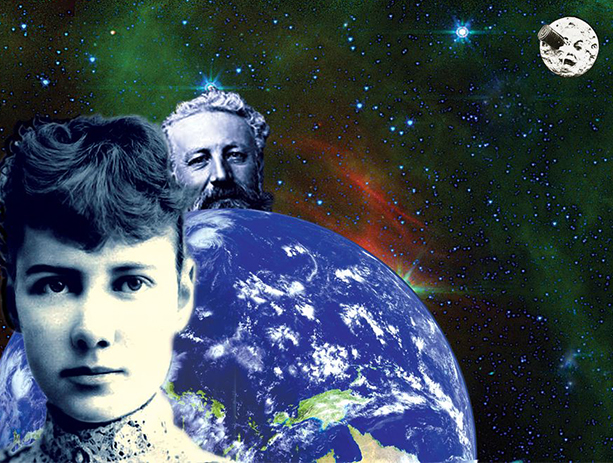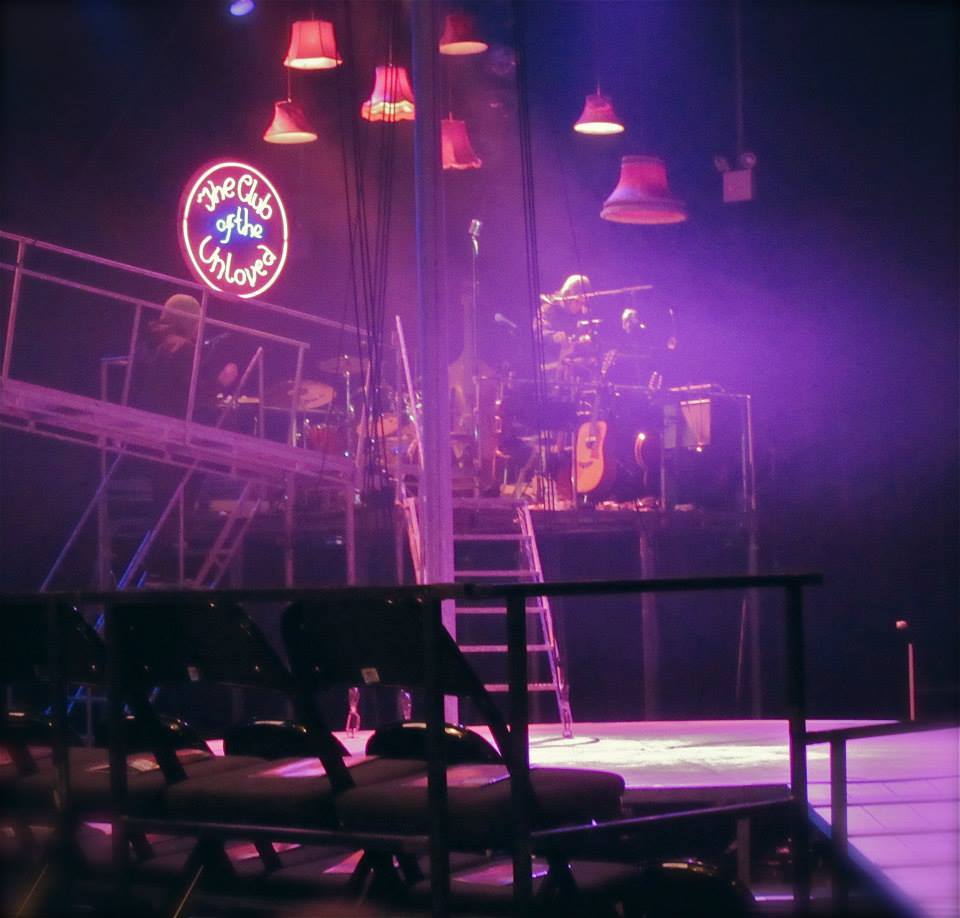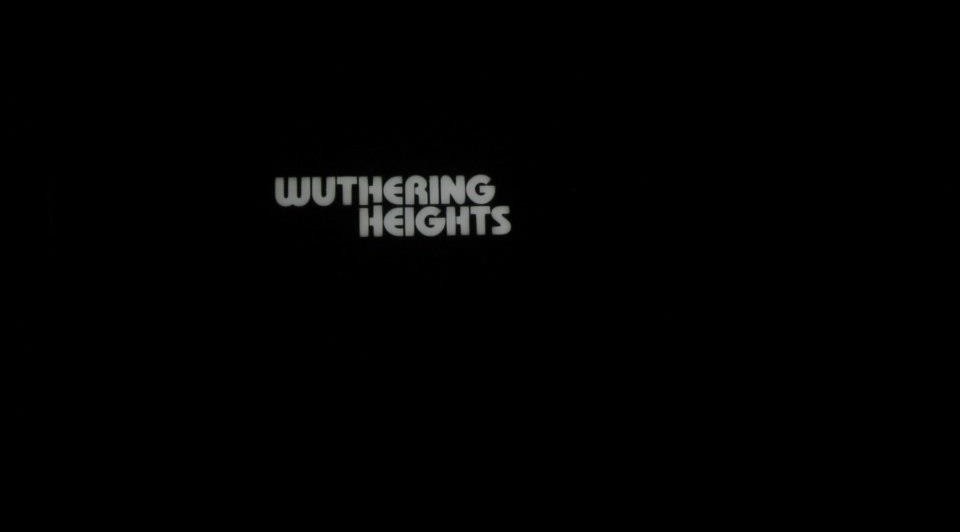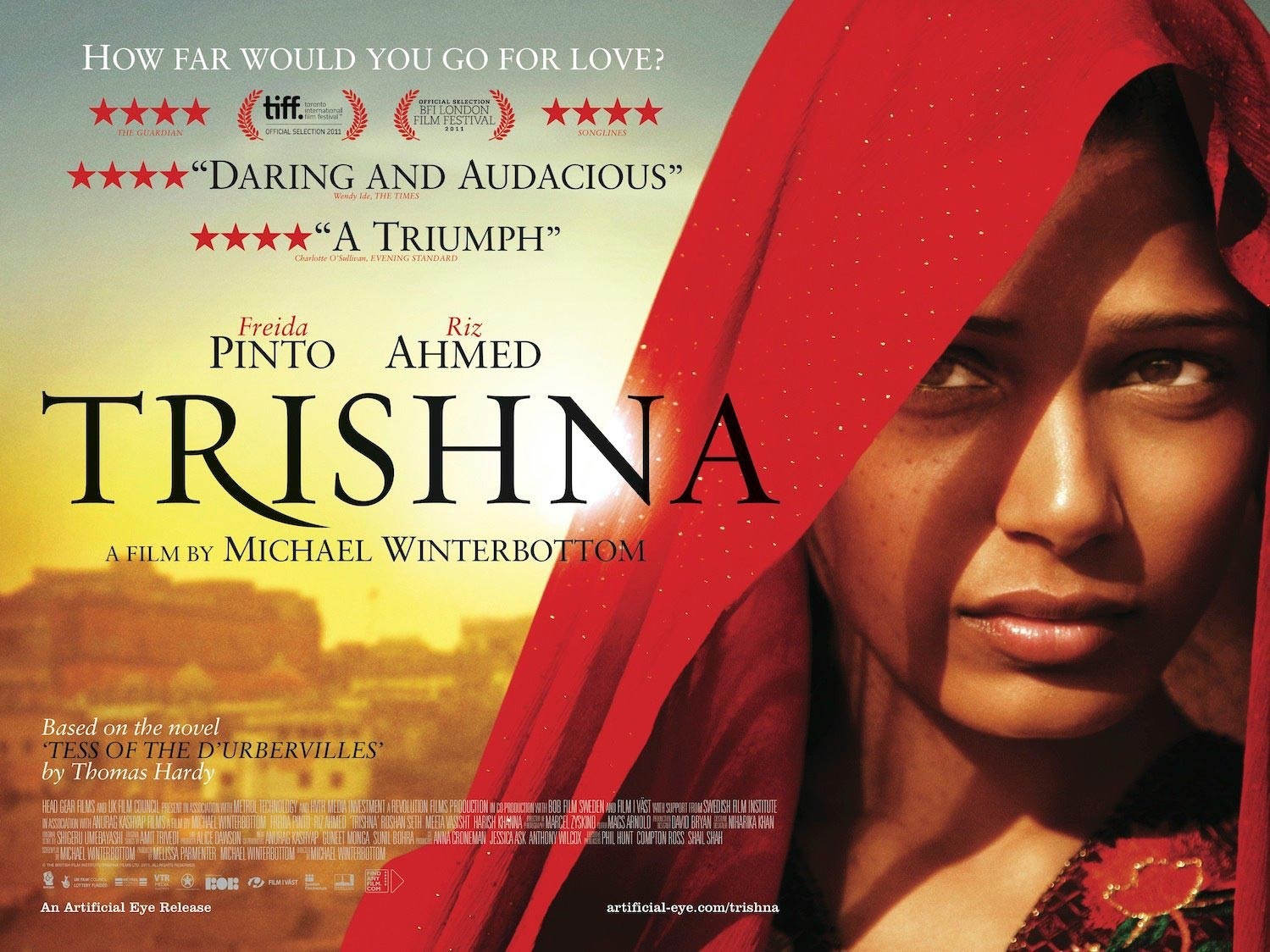-
From the Earth to the Moon

He was, when I was growing up, a boy in a normative Middle American family, essential reading, along with Conan Doyle, Tolkien, and a few others. But I have the sense, hoping that I am wrong, that Jules Verne is not, at least in this country, so much read anymore. Part of this is simply…
-
Cinderella

There was, I thought as I listened to Valery Gergiev conduct Prokofiev’s music to the ballet of CINDERELLA, something radical about it. It seems actively to resist Romanticism, despite the fairy tale it depicts, and to veer full scale into the abstraction and self-consciousness of Modernism. It is only at the moments of literal romance…
-
Tristan and Yseult

The story of Tristan and Isolde shares with Romeo and Juliet a special status among the archetypes of love, which for the Romantics was a thing so strong that it doomed its feelers, its sublimity fulfilled only through the greater sublimity of death. But I am convinced, having seen TRISTAN AND YSEULT, which revives the…
-
Wuthering Heights

One of the clearer processes of action and reaction in cultural history was that Romanticism reacted against Neo-Classicism, that Naturalism reacted in turn against Romanticism, and that, in a somewhat minor aftershock, Aestheticism recoiled from Naturalism. Amongst the many remarkable things about the new film of Emily Brontë’s Wuthering Heights is that it brings the…
-
Trishna

Michael Winterbottom’s TRISHNA is sumptuous. It adapts Thomas Hardy’s Tess of the d’Urbervilles to a contemporary Indian setting and in the process retains the essential beauty of the tragedy while stripping from it the nostalgia and romanticism to which period filmmaking is prone. The past is everywhere in the images – the colonial edifices, the…